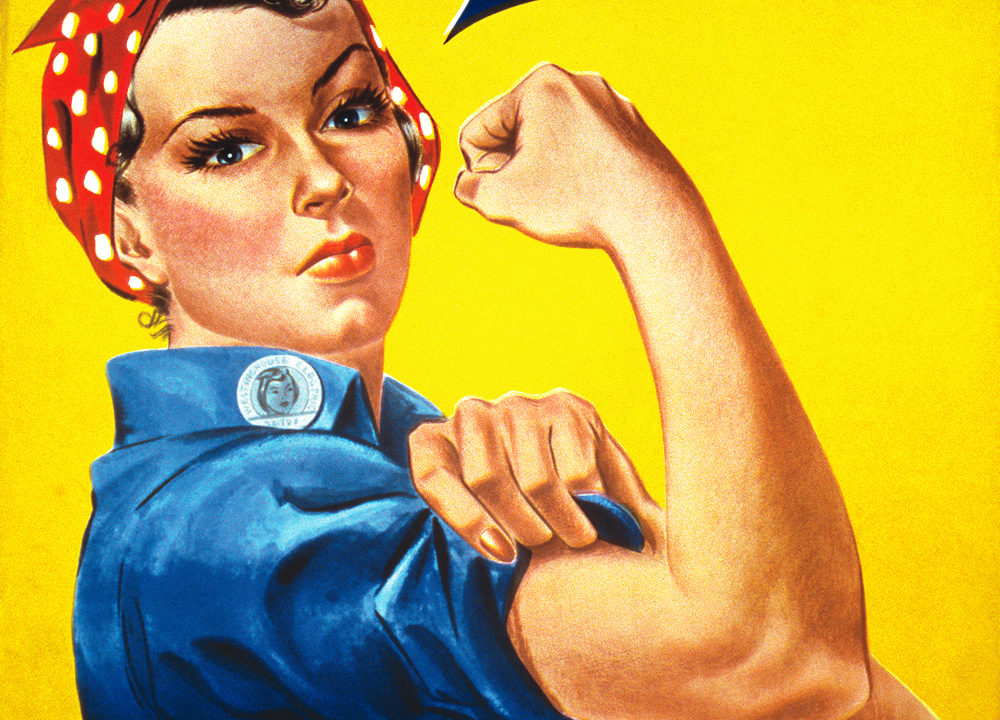Culture June 23, 2020
Some stereotypes were made to be broken.


Female stereotypes in the workplace have been around for as long as we can remember. They go way back to the start of the 20th century where society frowned upon women working alongside men. This is where the majority of female stereotypes stemmed from.
The conscious image of the “perfect woman” at this time entailed a stay-at-home mother who dedicated her life to the man of the house and her children. In today’s day and age, it is important to recognize certain female stereotypes in the workplace and find ways to get overcome them.

One of the most common stereotypes in the workplace is that women get paid less than men. It is mentally exhausting that in today’s day and age there are still cases of women being underpaid for the exact same work as men. It is important as a female when working in a male-dominated environment to understand her worth and make sure she is being compensated fairly for it.
It can be easy for a woman’s performance to get overshadowed by a man’s at work. This is especially true with regard to getting promotions and excelling in their current positions. Certain careers are very male-dominated and it is your responsibility to power through all the fears and stereotypes. Carry yourself with poise, and don’t be afraid to show people why you’re here in the first place.


Women have always been easily penalized for their “feminine” traits. For example, last year U.K. Prime Minister Theresa May was the headline of every newspaper for crying during her resignation speech. Women felt slight gratitude towards her because she was finally showing the world that she is just a regular woman. Meanwhile, men felt her crying was slightly inappropriate. So, what does this have to do with pregnancy discrimination?
Women can sometimes be seen as “weak” based on the fact that they are hormonal and might not be able to handle certain pressures as easily as a male colleague. For decades, there has been societal stigma surrounding pregnant women. Women have been fired, underpaid for their maternity leave, or have been treated differently based on their pregnancy.
A female pilot came out with news that their company had asked her “to terminate your employment or terminate your pregnancy”. There are now laws put into place to protect you and your rights. Knowing and understanding your rights will help you overcome any of these issues.
One of the stereotypes about women in the workplace that has been persistent for years is that as women we become jealous of each other. In other words, they feel threatened by the success of other women. This is a big issue in our society today since we are already being victimized by men. The last thing we need is to feel is personally attacked by other women.
One thing you can do that is not only important but necessary, is to support other women. Encourage others to be the best version of themselves, to take risks, and help mentor them in areas where they may lack confidence. Something we must do is to shut down all poisonous gossip activity, and instead help each other rise.


In 2020, we are lucky to find ourselves in an interesting time for females around the globe. More women are standing up for their rights and how they are being treated regardless of what the consequences might be. By now, you should be very aware of the #MeToo movement and you cannot deny the beauty of it. Women around the world have come together to stand against sexual harassment cases whether they be at work or personal encounters.
This is a good example of how standing up for your rights can not only help you but help other women who might be dealing with similar issues. If you’re not sure where to start, there are plenty of organizations that can support you throughout the process.